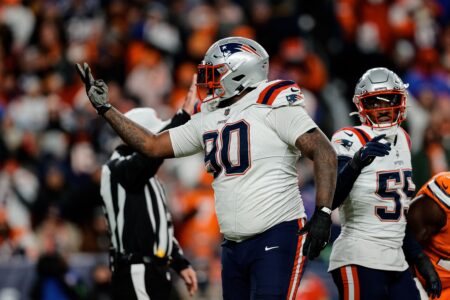Thesmee, I just did about an hour of posting that got eaten.
You turned out to be right on the Coptic church, on looking at several pages... Coptic is listed as Egyptian/Ethiopian, dating from ce350, the same time as the Armenian church. Basically, the Ethiopian Orthodox used to get their bishop from Alexandria, but Alexandria started slacking in providing this bishop, so in the 20th century they won the right to name their own bishop.
So yeah, when the Ethiopian Orthodox church is saying it is the second oldest church (on a page I visited yesterday,) they're saying their
tradition is second oldest. Oh and by the way, we're talking about the Coptic tradition...although its the Ethiopian Orthodox tradition the page was calling that.
http://www.waupun.k12.wi.us/Policy/other/****hut/religions/20 Branches of Christ.html
On the Orthodox/Catholic split, it was in 1054, so its about a millenium late for Peter and Paul. Pauline Christianity, though, is pretty much all surviving Christianity, the Christian "mainstream" as it was recognized and reinforced during the time of Paul and further systematized in subsequent councils, particularly Nicea.
This is not to say, however, that Christianity under Peter, which may have been quite heterodox, was necessarily doctrinally very different from Paul's ideas, whence came (for instance) Acts and the Letters of Paul. All we can really say without too much dispute is that Paul and his followers were concerned, as evidenced by the texts from that time, with recording and collecting texts, and systematizing Christian belief and practice. It is more accurate to say that Peter did not concern himself with Christian "Branding" and consistency to the extent that Paul did, so during Peter's leadership, there was an oral Christianity which may or may not be fully and faithfully duplicated in the written Christianity that succeeded Peter's death (Paul's ascendency.)
http://en.wikipedia.org/wiki/Early_Christianity
http://en.wikipedia.org/wiki/Pauline_Christianity
During the time from Jesus' death, for instance, the gospels did not yet exist in their current form, although source documents may have been floating around. This makes "WWJD" a much more interesting question.
Anyway, I'm aware that early Christian history tends to piss off current Christian dogmatists, so I'll let the Wiki pages serve as jumping off points (of course, any page on religion has "disputed neutrality" warnings on Wikipedia.) You can look these up elsewhere as well, but I would definitely complement sources like Catholic Encyclopedia with sources like Wikipedia, or better yet, Sanders'
Jesus and Judaism.
Realize when you're reading sacred documents, that the sacred has a history, and that religions have an interest in that history being as sacred as the text it produces (this is not an exclusively Christian phenomenon, of course.)
The Jesus of history may or may not have been what we cobble together out of the 4 canonical gospels, but the beginning of finding that answer is the knowledge that Pauline Christianity shaped what survives in those gospels; and that later at Nicea, other competing doctrines were again culled out.
Question: Was the Jesus who walked the earth identical to the Jesus of faith?
Happy reading!

















